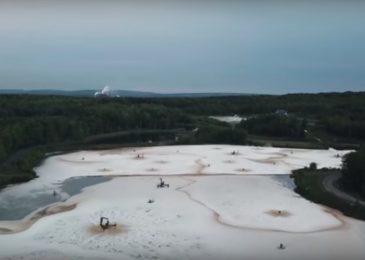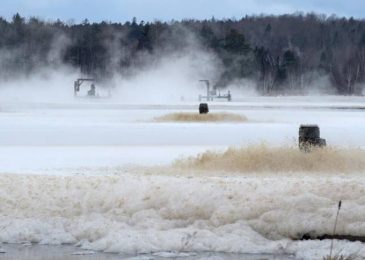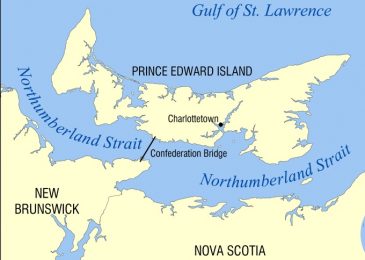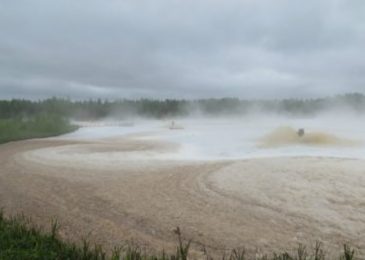A message from Chief Andrea Paul: The forever argument of economy and jobs
Chief Andrea Paul of Pictou Landing First Nation posted a response to the Unifor proposal on her Facebook page. “Today, they are caught in a battle that THEY had years and years to resolve. They had many years of opportunity to do better. They chose not to. Even with the Boat Harbour ACT they still believed they were above that and didn’t begin consultation with the Band until 2017 after we requested it.”








